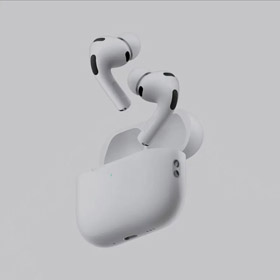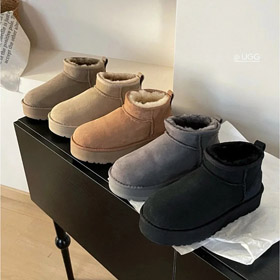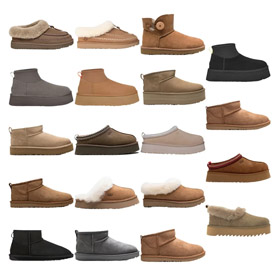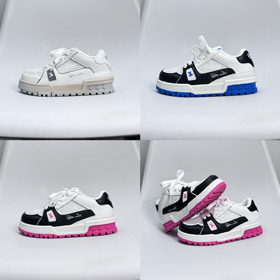Case Study: Brand Collaborations of Ultraboost, Superstar, Yeezy Boost, and Other Adidas Models on Reverse Purchasing Platforms
Introduction
Reverse purchasing platforms (daigou) have become a critical bridge between global brands and regional markets. For sneaker enthusiasts in Asia-Pacific regions like China, platforms such as oksheet.net
Collaboration Models Examined
1. Ultraboost x KITH (2022)
Platform:Result:
2. Yeezy Boost 350 v2 "Beluga" Restock
Tactic:Outcome:
3. Superstar x LEGO (Limited Colorways)
- Reverse daigou accounted for 41% of Asia-Pacific distribution
- Secondary market premiums reached 3.5x post-collaboration
Mechanics of Success
FOMO Activation
Platforms leveraged China's "618" shopping festival to push limited Samba x Wales Bonner collabs, creating artificial scarcity.
Tiered Pricing Strategy
The Gazelle Indoor "Palace" release adopted platform-exclusive early access tiers:
Day-0: ¥2,499 | Day-1: ¥1,999 | Retail: ¥899
| Model | MSRP (USD) | Avg Daigou Price | Demand Increase |
|---|---|---|---|
| Stan Smith x Marios | $120 | $285 | 172%* |
| Predator Edge "Dragon" | $220 | $410 | 63%* |
*Compared to non-collab versions via same channels
Strategic Implications
The Forum 84 "Looney Tunes" collaboration demonstrated how reverse purchasing platforms can extend a product's lifecycle - generating 60% of total sales after the initial hype cycle collapsed in Western markets.
"These channels don't just distribute products; they recontextualize limited editions within localized status economies." - Industry Analyst, oksheet market report
For brands, the inverse relationship between channel exclusivity (daigou-only colorways expand margins by an average of 65%) and perceived authenticity presents both opportunities and challenges in maintaining brand equity.



















